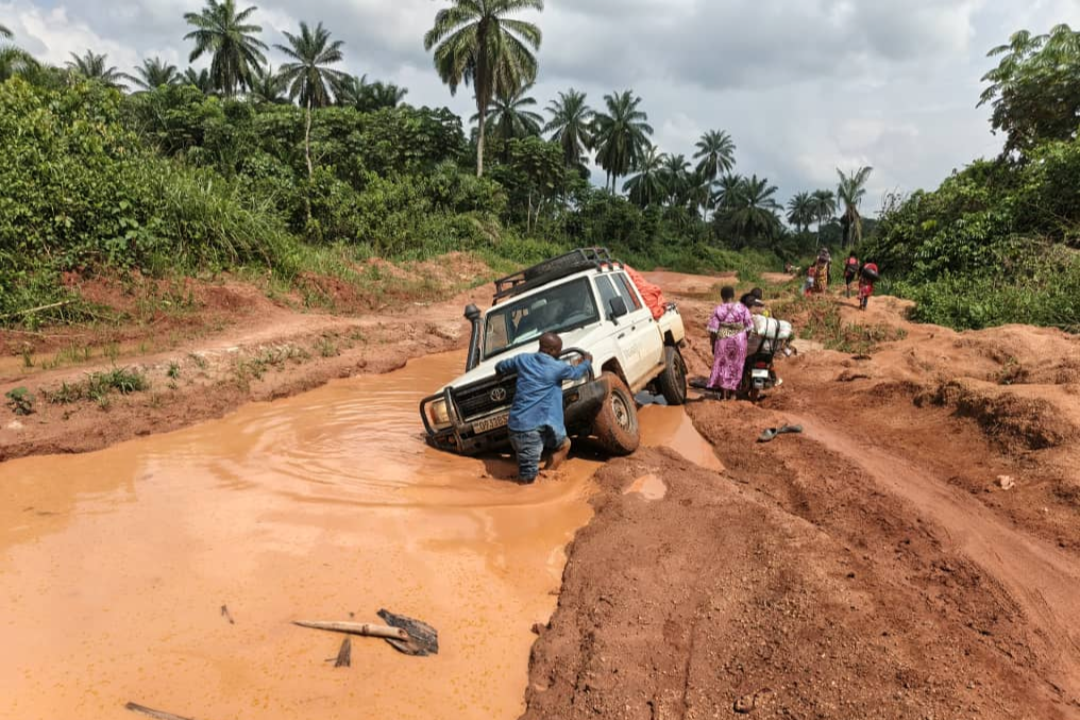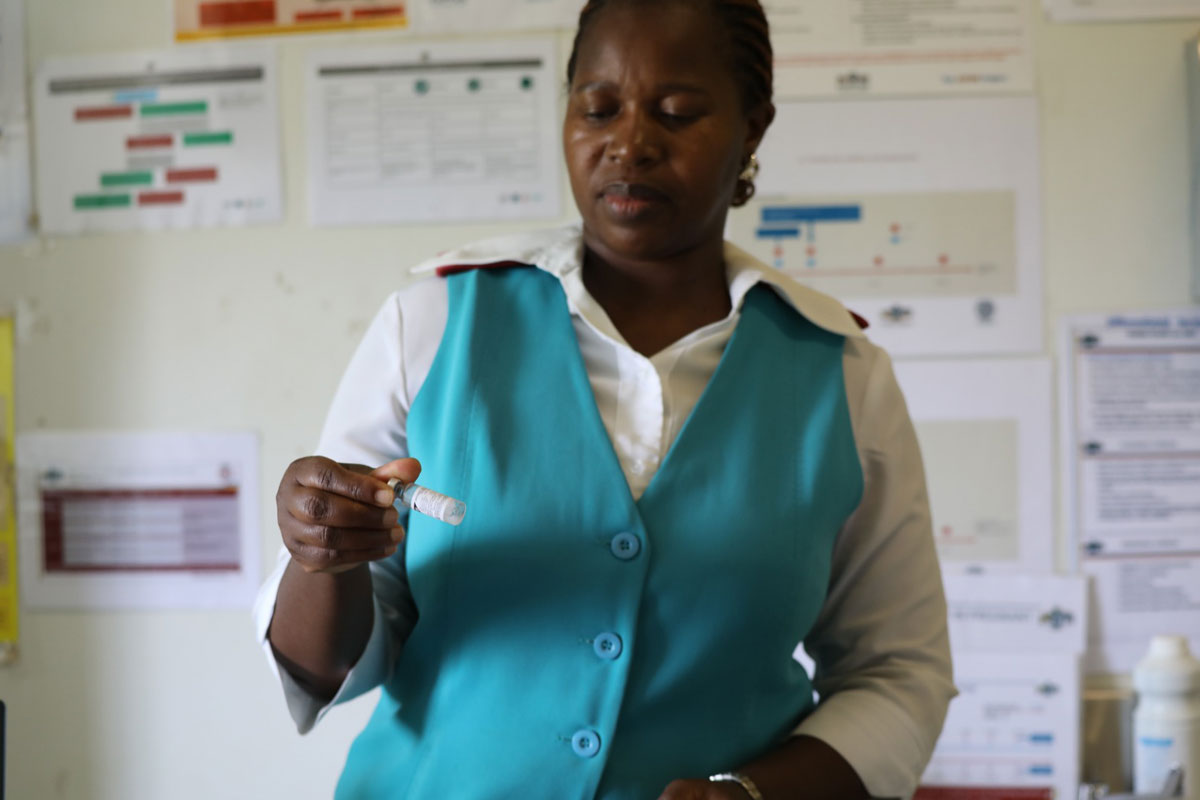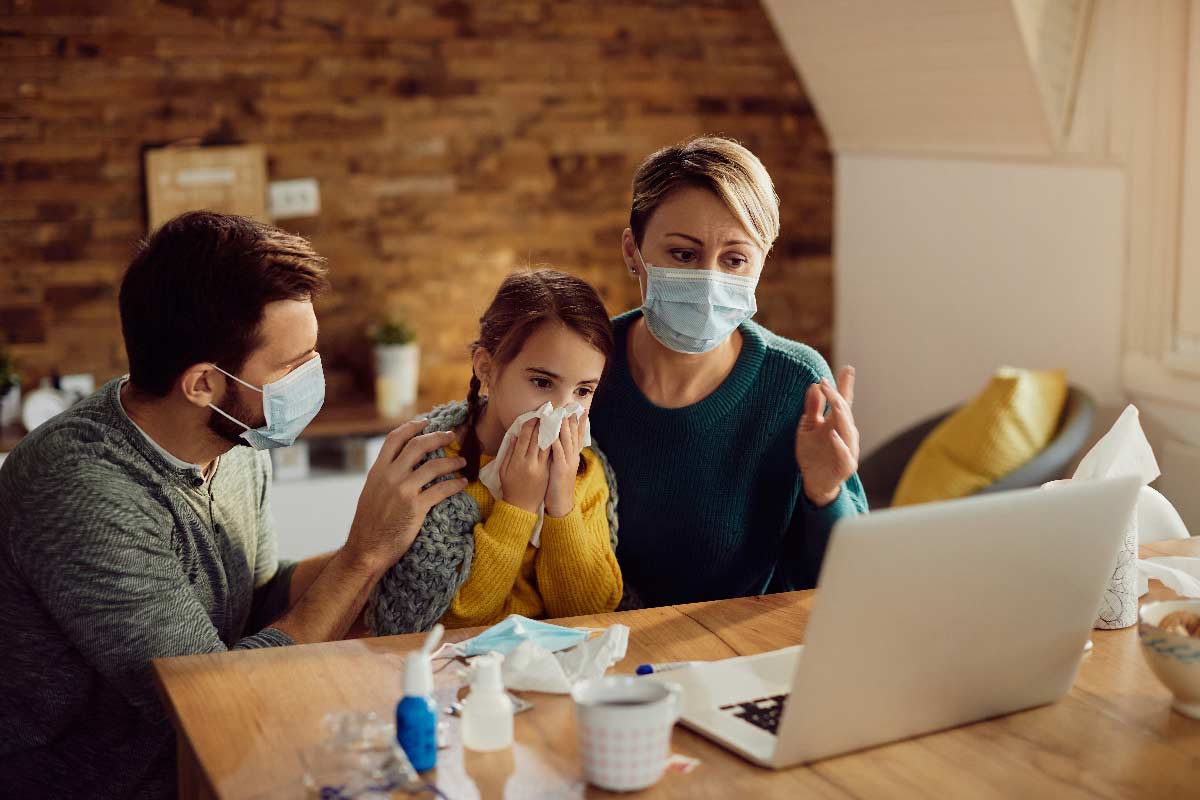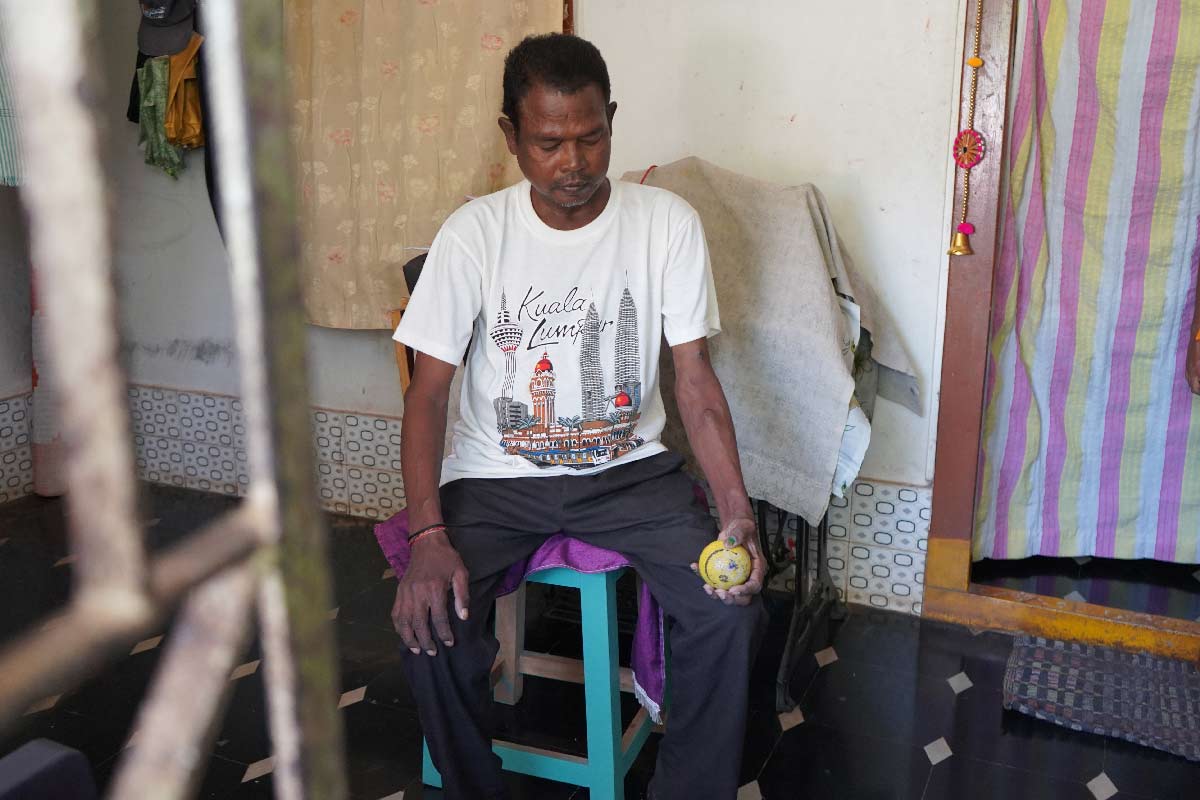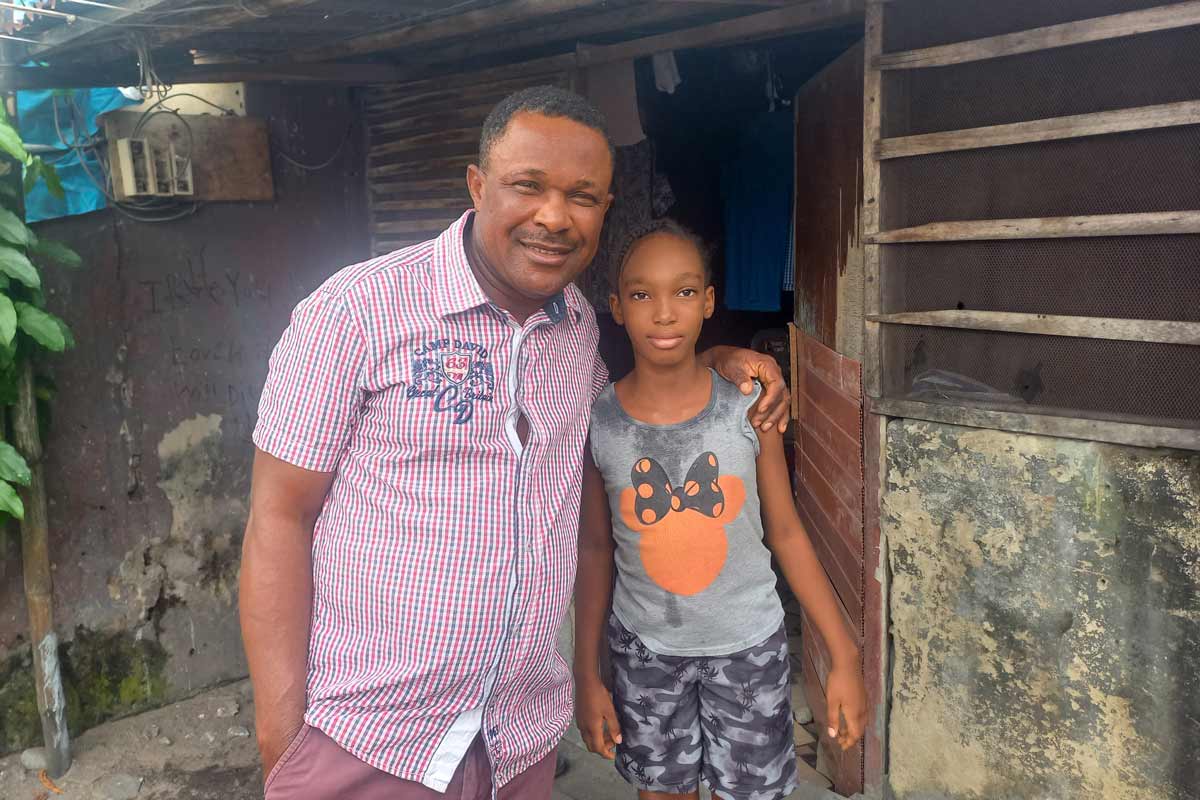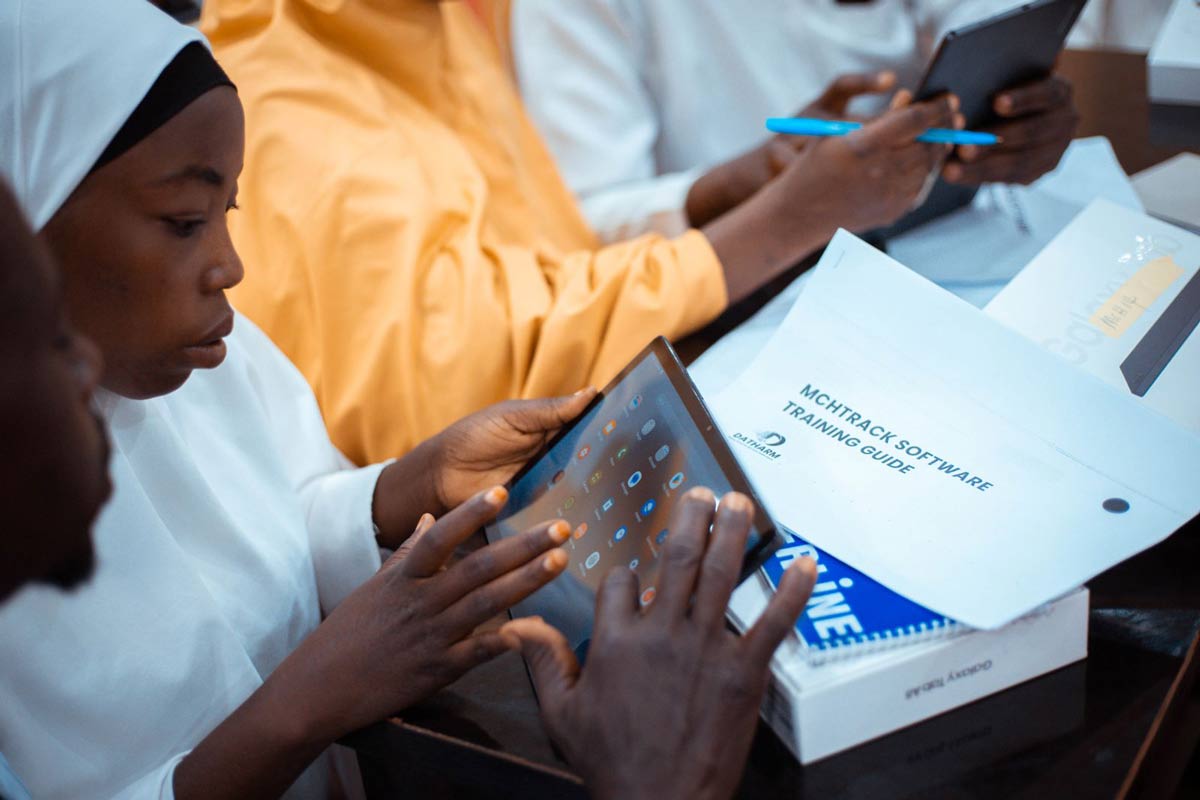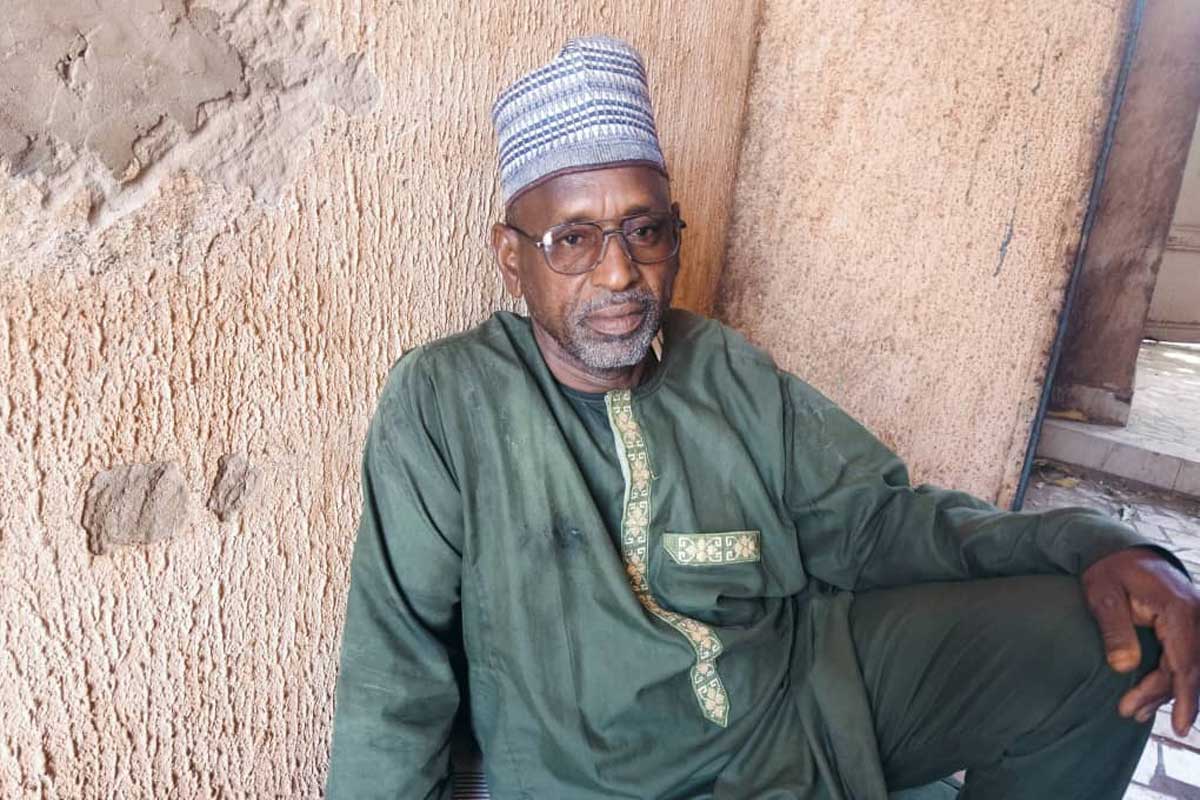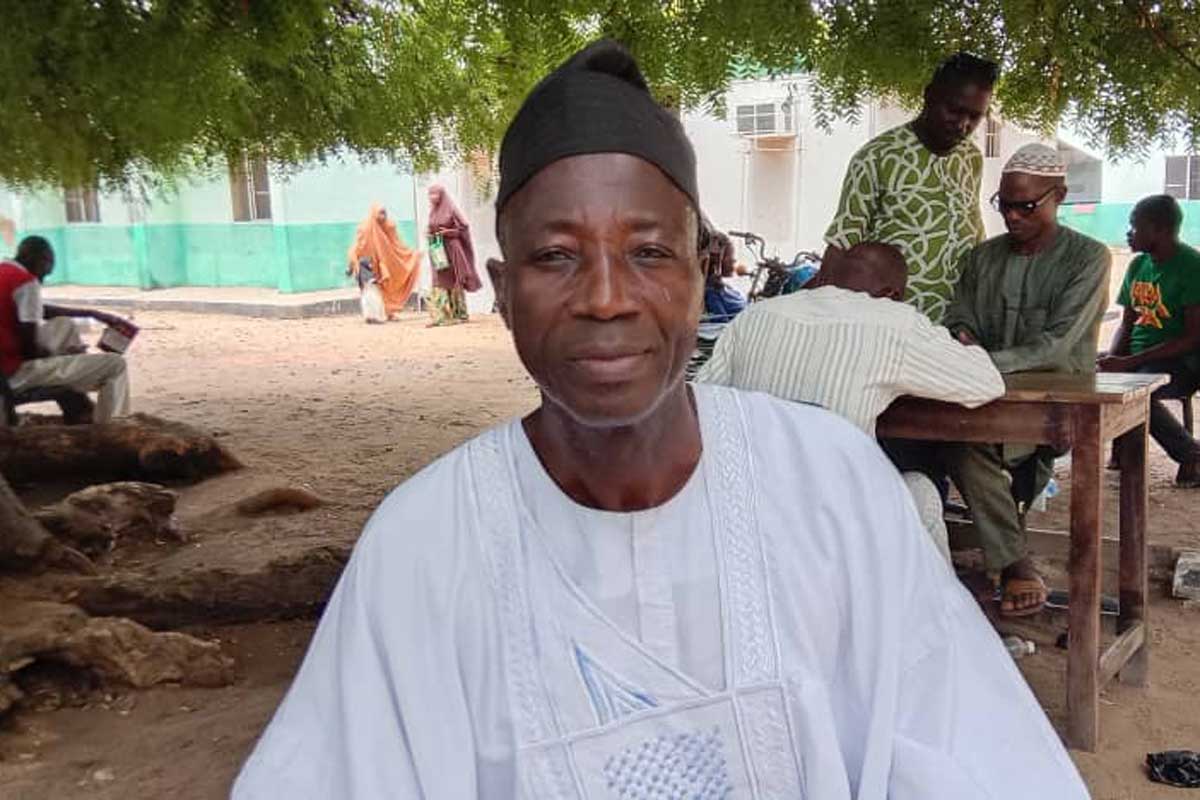The monarch-doctor of Ososa
To a Nigerian community of some 10,000 people, the king is also the physician on call
- 11 December 2023
- 8 min read
- by Afeez Bolaji
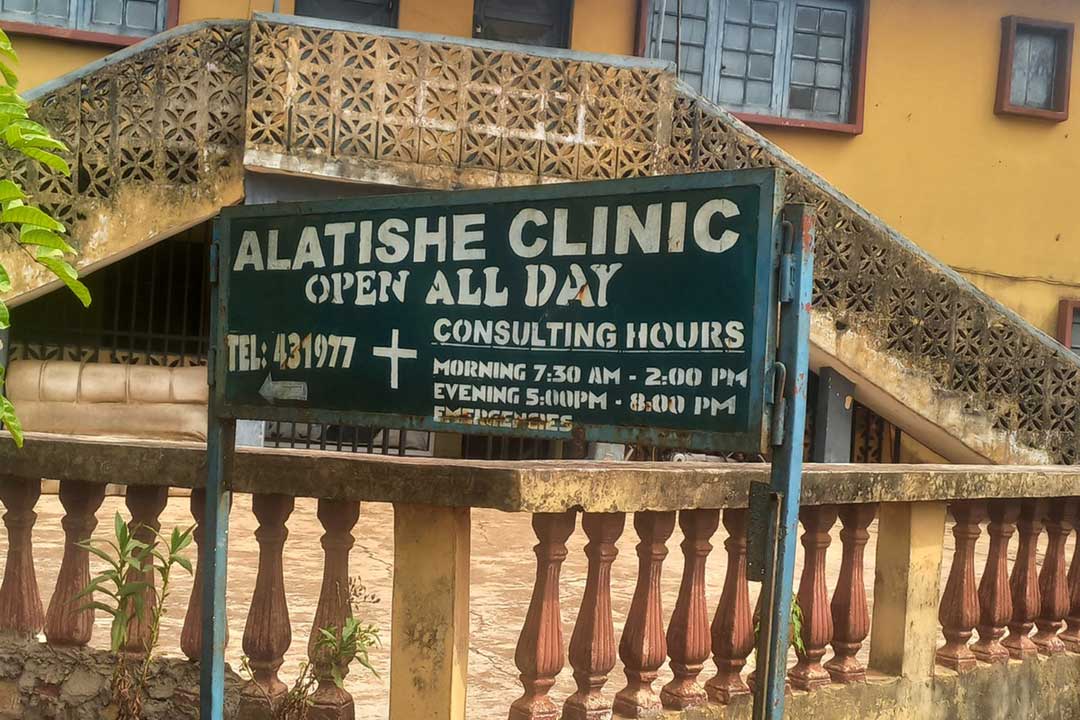
About noon on a Wednesday in late November, Oba Adetoye Alatise, attired in sumptuous green traditional dress and a regal cap to match, sat at an ultrasound machine in his expansive palace in Ososa – a serene rural area in Ijebu-Ode, part of Ogun State. His eyes were fixed on the scanner's monitor as he passed the probe over the abdomen of a woman lying quietly on the bed.
Alatise numbers among the few Obas, or traditional rulers in Nigeria who practise professions alongside their numerous kingly responsibilities. Scanning pregnancies is just one of many services the 66-year-old 'monarch-doctor' renders to the people of Ososa.
Nigeria contends with an acute shortage of medical personnel due to a large-scale brain drain – a trend colloquially tagged as japa – that has left the doctor-patient ratio in Nigeria at 1:10,000 according to the Nigeria Medical Association. The ratio recommended by the World Health Organization is 1:600.
He operates a private hospital at Ososa and says he has been treating patients free of charge at the community's primary health centre since he ascended the throne 13 years ago.
Return of the king
That's when he moved back to Ososa from Ijebu-Ode and discovered that the primary healthcare centre was all but dormant; the staff, all but idle.
Alatise, who had previously been the executive secretary of the Ogun State Primary Health Care Development Boardrecalls: "I thought of how I could bring life back to the health centre as a medical doctor. The first thing we did was to construct a doctors' quarter. I negotiated with the NYSC [National Youth Service Corps] and they were posting [newly graduated] doctors to work at the hospital for their one-year mandatory service. We were paying them some stipends to complement what the government was giving them.
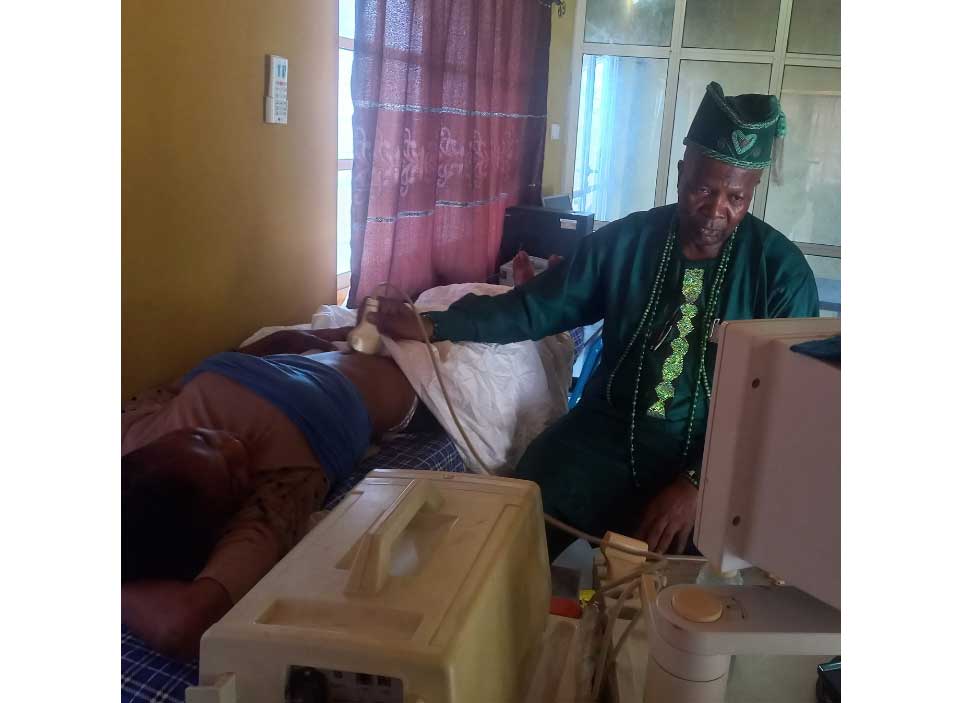
Credit: Afeez Bolaji
"I also found out that nurses were sleeping near the patients in the wards. I built a separate two-room apartment – one [room] for nurses and the other for nursing students attached to the hospital. I also got one of the sons of Ososa to build [an operating] theatre and I equipped it. These interventions went a long way in uplifting the hospital and in no distant time, it won the best Primary Health Centre in Ogun State.
"Recently I met with the coordinating Minister of Health and Social Welfare, Professor Ali Pate, who was my mentor. He promised us a modern ultrasound machine to be donated by the Turkish government. We already have a room at the PHC where we will put it," he reports.
The Oba jumps in
Alatise says he assists the PHC to handle complicated cases like retained placenta or second twin baby, adding that the services have endeared him to many locals.
Nigeria contends with an acute shortage of medical personnel due to a large-scale brain drain – a trend colloquially tagged as japa – that has left the doctor-patient ratio in Nigeria at 1:10,000 according to the Nigeria Medical Association. The ratio recommended by the World Health Organization is 1:600.
"Aside from japa, people don't want to work in rural areas and the government needs to do something. At a point, NYSC was particularly talking about posting medical doctors only to rural areas, but it has not been successful probably because the number of graduates is not enough.
"I have to fight tooth and nail to get some doctors to be posted to the PHC, but the posting stopped two years ago after Odogbolu local government (under which Ososa falls) employed a doctor who also attends to patients at the PHC. In fact, we have only one qualified matron and if you count me as a staff member, I'm one of the two doctors. We are interfacing with the government regularly to address this issue [of staff shortage]," the monarch tells VaccinesWork.
Traditional ruler, modern health care
For Alatise, medicine is not just a profession, it is a way of earning respect by saving lives. It's a life he grew up imagining for himself.
"I have an elder brother who is a medical doctor. He trained in Russia and by the time he graduated in 1973, I was in the third class in elementary school. I usually spent the holiday with him in Lagos. I saw the way he was highly respected at a general hospital in Lagos.
"He later had his own private hospital and I was very impressed. So, when I had a chance to study on a government scholarship in 1975 in Russia (then in the Soviet Union), I grabbed it with my two hands," he recalls.
Being an Oba has amplified the respect Alatise commands among natives of Ososa, the diaspora, and private organisations within Ogun State.
So, while he's the living emblem of tradition, Alatise has also been instrumental in broadening his community's access to modern, evidence-based medicine. "Someone initially thought he was being afflicted by spiritual forces because he had sores on the leg," the Oba recalls, "but I discovered he was diabetic. Unfortunately, his leg was amputated because it was late."
The monarch says he leverages his influence to facilitate free medical services, including eye care, surgeries, tests, medications and health talks in Ososa and neighbouring villages – an area with a population of more than 10,000.
"I can't count the number of people who have benefitted from these health services," he says.
Many residents were locked out of modern health care services due to poverty. Eighty-three-year-old Janet Odejayi is one of them. She recalls how a free eye surgery saved her from losing her sight three years ago.
Have you read?
"During one of the free medical outreaches Kabiyesi organised, I complained that I was struggling to see with my left eye," says Odejayi, using a term of address comparable to "His Majesty" to reference Alatise. "I was examined, and later underwent a surgery. They gave me glasses, which have been working perfectly. Aside from the surgery, I and several elderly people have benefitted from other free medical services. The health officials he [Alatise] invites would check our blood pressure and advise us to eat healthily and sleep on time. They also give us medications."
The community youth leader, Rafiu Badejoko, who also got spectacles after complaining of shortsightedness, echoes Odejayi's account, adding that the Oba's health talks convinced him to give up unhealthy habits.
"I used to be very reluctant to go to hospital whenever I was sick, but Kabiyesi changed my mentality. There are also some unhealthy lifestyles I have dumped through the health education he gives us.
"I can't forget the day he educated us on HIV and warned us not to stigmatise those who are positive. He said we can dine and wine with them, but we should avoid sharing sharp objects. We have benefitted a lot from his medical services. He invites experts to the community almost every two months. There will be another free medical outreach during Ososa Day on December 23," Badejoko says.
An ongoing quest: getting pregnant women into antenatal care
There is one important public health aim that continues to stump Alatise: getting a higher proportion of pregnant women to attend antenatal care (ANC) and give birth in hospital.
"Some of our people still go to traditional birth attendants because of their belief system. So, we are encouraging them [birth attendants] to adopt some standard practices while attending to pregnant women. We advise them to wear gloves if they want to take delivery and use sterile equipment to separate the baby from the placenta.
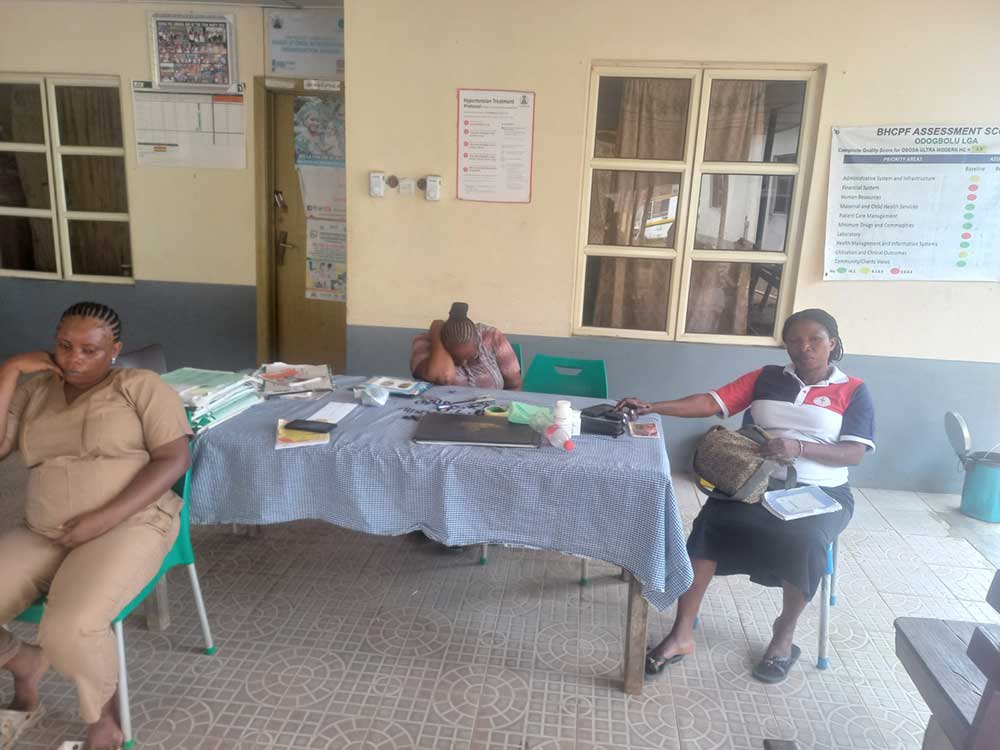
Credit: Afeez Bolaji
"We also encourage them to advise their patients to visit the PHC for immunisation after delivery or call the hospital to bring it. We meet with them monthly, and this has been working," Alatise explains.
A health worker at the PHC, Salimat Adenuga, says antenatal care and routine immunisation are scheduled for every Monday and Tuesday respectively, but laments that the turnout for ANC falls short of impressive.
"Some of the pregnant women would do antenatal here and end up delivering at a traditional birth centre. The hospital, together with Kabiyesi and [a community healthcare development committee]has been sensitising the people. We have also met with the traditional birth attendants, and we have started witnessing some improvement. We are expecting an ultrasound machine and I believe that the turnout for ANC will increase by the time we have it," she adds.
Private, but pro-poor: Alatise Clinic
In 2015, the king founded Alatise Clinic, converting his late father's home into a medical facility designed to complement services rendered by the PHC.
It's a private facility, but a nurse at the clinic, Janet Daniel, tells VaccinesWork: "there are instances where we treat patients for free or charge very low bills, on the orders of Kabiyesi.
"He is always interested in saving lives first even if the patients are unable to pay for the service at the end," she adds.
Sherifat Soliu, a seamstress and mother of three, shares her experience at the clinic during her antenatal period, describing Alatise as a blessing to the community.
"The nurses would check up on me through phone calls and remind me of my next appointment. His [Alatise's] ultrasound machine saves a lot of pregnant women from the stress and cost of travelling to Ijebu-Ode for scanning.
"He also encourages us to do check-ups regularly and any time he wants to organise a free medical outreach at the palace, his messenger would go round the village to announce. The number of beneficiaries in a session could be as many as 120," Soliu says.
More from Afeez Bolaji
Recommended for you
